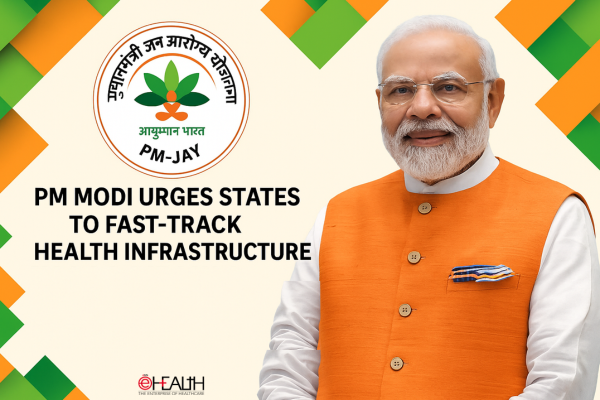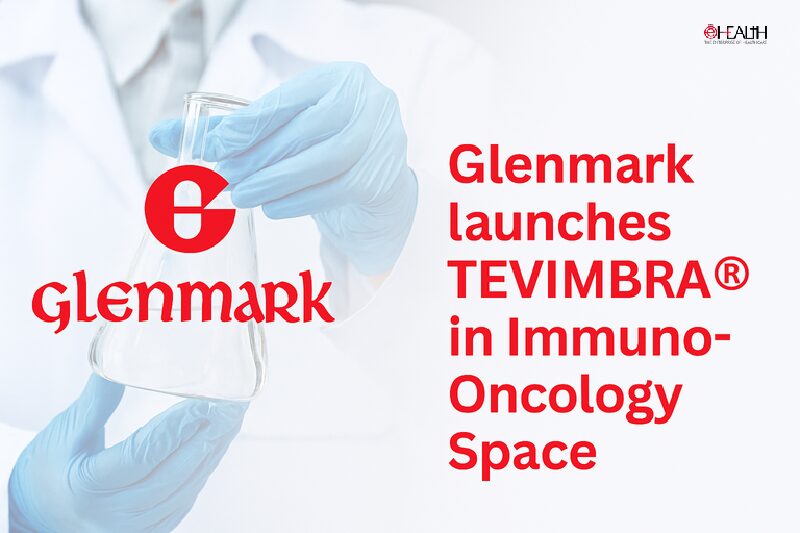
The Asia-Pacific (APAC) region faces a significant demographic and healthcare challenge, rapidly declining fertility rates, largely driven by socioeconomic pressures, delayed family planning, and limited access to advanced fertility care. Most countries in the region now report fertility levels below the replacement rate of 2.1 children per woman, with over one in six individuals impacted by infertility.
Commissioned by a coalition of experts and stakeholders, including ART Fertility Clinics and Organon, A new policy paper titled “Improving Access to Fertility Treatment in Asia Pacific”, offers strategic recommendations to tackle declining fertility rates and increasing infertility challenges across the Asia-Pacific region. The paper draws on insights from 13 countries and territories: Australia, China, Hong Kong, India, Indonesia, Japan, Malaysia, the Philippines, Singapore, South Korea, Taiwan, Thailand, and Vietnam.

Gaps in Care and Urgent Need for Policy Evolution
The report identifies several critical barriers, including the lack of formal recognition of infertility as a disease, inadequate reimbursement for Assisted Reproductive Technology (ART) and elective egg freezing, and the absence of uniform public funding across the region.

“Infertility is not a lifestyle choice. It requires a systemic, cross-sectoral approach. Governments must lead in prioritising fertility care within national health strategies,” said Noha Salem, Executive Director of Organon Global Policy & Government Relations.

“Freezing eggs earlier can safeguard reproductive potential and give women the flexibility they need,” shared Professor Human Fatemi, Group Medical Director of ART Fertility Clinics (UAE), emphasising the growing relevance of elective egg freezing as a fertility preservation option, particularly for women balancing career and family planning.

Economic Rationale: A Triple Return on Investment
Beyond its social and health implications, the paper makes a strong economic case for investing in fertility treatments. According to the findings, every USD$1 invested in ART and Preimplantation Genetic Testing (PGT) could generate a threefold return in future tax revenues, owing to the long-term socioeconomic contributions of supporting individuals in forming families.
The disparity in affordability and accessibility of ART and related treatments remains a pressing concern, particularly for lower-income populations and countries with limited healthcare coverage.
Country Models Show Promise
Taiwan emerges as a notable example of effective policy implementation. Tina Pai, a patient beneficiary, shared her journey to motherhood, enabled by Taiwan’s policy covering up to 50% of ART costs. “The support gave us hope and access without delay. Today, I’m a mother thanks to that timely intervention,” she said.
Also Read :- India Chambers & Rural Economic Forum Ink MoU on Global Integration of Rural Nutraceuticals
Stakeholder Collaboration Key to Progress
The policy paper urges collaboration among policymakers, healthcare providers, and payers to address systemic challenges and implement recommended actions. These include:
- Increasing awareness of infertility as a medical condition
- Expanding access to diagnostics and ART
- Public investment in fertility services, including egg freezing and genetic testing
- Removing social and cultural stigmas surrounding infertility
“As an organisation committed to improving women’s health, Organon recognises that enhancing access to reproductive care is both a public health necessity and an economic imperative,” said Andreas Jorgensen, Managing Director of Organon Asia Pacific.
Dr. Clare Boothroyd, President of ASPIRE, added, “By aligning medical advancements with supportive policies, we can create a future where fertility care is accessible, equitable, and empowering.”
Implications for Healthcare Stakeholders
For the healthcare industry in APAC, the paper highlights a growing market opportunity in reproductive health services, diagnostics, and insurance innovation. Stakeholders across the healthcare ecosystem, from technology providers and diagnostics labs to hospital administrators and insurers, are urged to proactively align with evolving public health priorities around fertility.
This policy paper is a call to action: to close the fertility care gap, promote inclusive healthcare delivery, and ensure that all individuals and families in the region have access to the support they need to pursue parenthood.
Be a part of Elets Collaborative Initiatives. Join Us for Upcoming Events and explore business opportunities. Like us on Facebook , connect with us on LinkedIn and follow us on Twitter , Instagram.
"Exciting news! Elets technomedia is now on WhatsApp Channels Subscribe today by clicking the link and stay updated with the latest insights!" Click here!
















